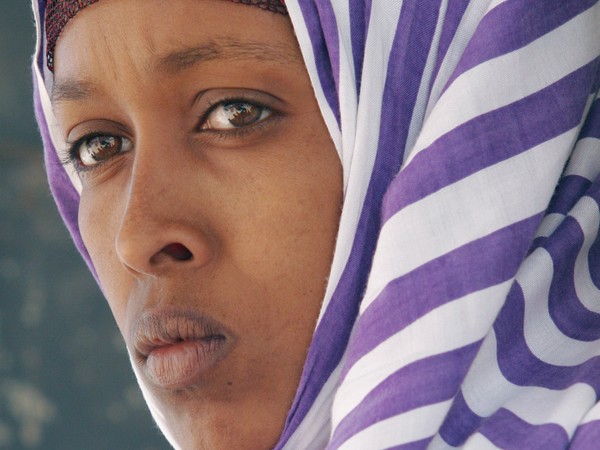Progress in Somali dialogue for peace project

The Puntland Development and Research Centre (PRDC), one of Interpeace’s three Somali partners has succeeded in highlighting security problems to the President.
“I was with a relative down by the river when two gunmen appeared from nowhere and ordered us to lie on the ground. We began to run and the gunmen started firing. I was hit in the leg and now walk with crutches. I can no longer work and have to beg to feed my family”
Every night Fatuma’s community was terrorized by gunmen, preying on those like him who, uprooted by the conflict in Puntland, a semi-autonomous territory in Somalia, had sought shelter in makeshift accommodation on the outskirts of the capital, Garowe. On the margins of society, these “internally displaced” people had given up hope of legal protection from the authorities.
“The gunmen come in search of women, irrespective of age or status”, explains Mohamed, “If they don’t find any, they raid our homes. We have complained to the police but they have done nothing and we live in a constant state of fear”.
The lack of security for these people living outside the major towns in Puntland came to light as a result of Interpeace’s Dialogue for Peace project. This project works with together three research centres in Puntland, Somaliland and in south-central Somalia.
The Puntland Development and Research Centre (PDRC) filmed Fatuma and Mohamed and showed their testimony at a high level meeting to discuss governance issues. The impact of the film was instant, with the President of Puntland instructing the police to address the problem “right away”.
“Now we have police units patrolling our neighbourhood after dark”, says Mohamed. “They often search people for weapons and this gives a feeling of safety. Our midnight terror has disappeared”.
More representatives of displaced communities and minority groups are taking part in workshops run by the research centre, giving them the opportunity to communicate their problems directly to the authorities.
The research centre has also run training workshops for the judiciary, and private lawyers in order to raise awareness about issues facing marginalised communities.
